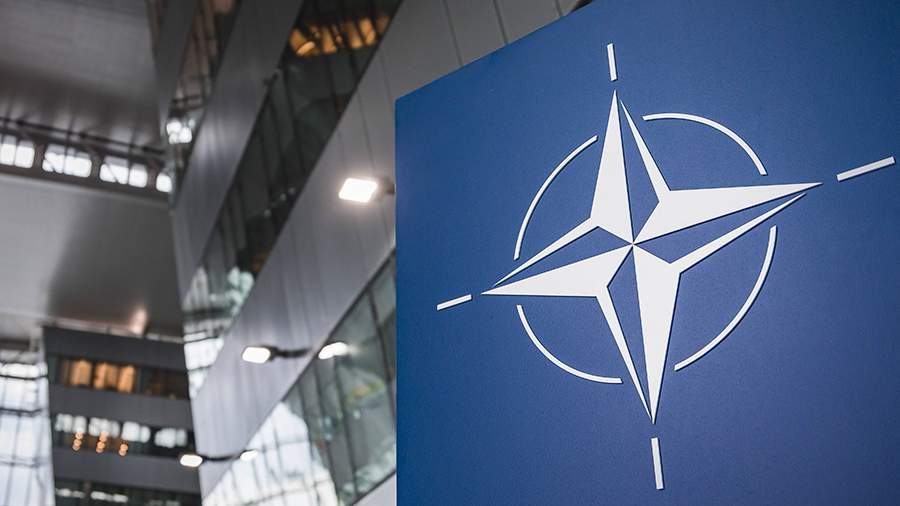NATO says the EU is lagging behind in technology and building obsolete weapons

European Union (EU) countries are not keeping up with the rapid development of military technologies and spend too many years to create new weapons systems that are already obsolete by the time they are released. This opinion was expressed on December 26 by Pierre Vandieu, former chief of staff of the French Navy and current supreme commander for the transformation of NATO's combined armed forces.
As a hypothetical example, he cited the work to create a new generation of tanks. Thus, at the beginning of the development of the machine, engineers spend several years creating its design, after which the tank about 10 years to assemble defense companies. In the end, when it comes off the assembly line, it is far from a new tank, but one that is no longer suitable for the intended purpose, because technology has had time to step forward.
"You spent a lot of money for a platform with an outdated design, and all because too much time was spent on its creation. The speed of technology development is about two to three years, which is 10 times faster than the cumbersome, managed supply chain in Europe," Defense News quoted the military officer as saying.
He specified that it is especially important to increase the speed in the development of new optoelectronics, artificial intelligence (AI), communications and software technologies.
Earlier, on December 25, the British edition of the Independent said that Finland, Latvia and Estonia have declared their inability to confront Russia without the participation of the United States. Estonian Prime Minister Kristen Michal, pointed out that NATO needs to strengthen its defense capabilities.
Prior to that, on December 12, NATO Secretary General Mark Rutte called for directing part of pensions and social payments in the European Union to weapons production, specifying that military spending of the alliance should exceed 3% of gross domestic product (GDP). He added that now the security situation in the alliance leaves much to be desired.
A day earlier, the media reported that the NATO leadership plans to set new targets for arms production, which will force the alliance members to spend 3% of GDP on defense. The alliance members will have to increase the production of both weapons and ammunition as early as next year.
Переведено сервисом «Яндекс Переводчик»

